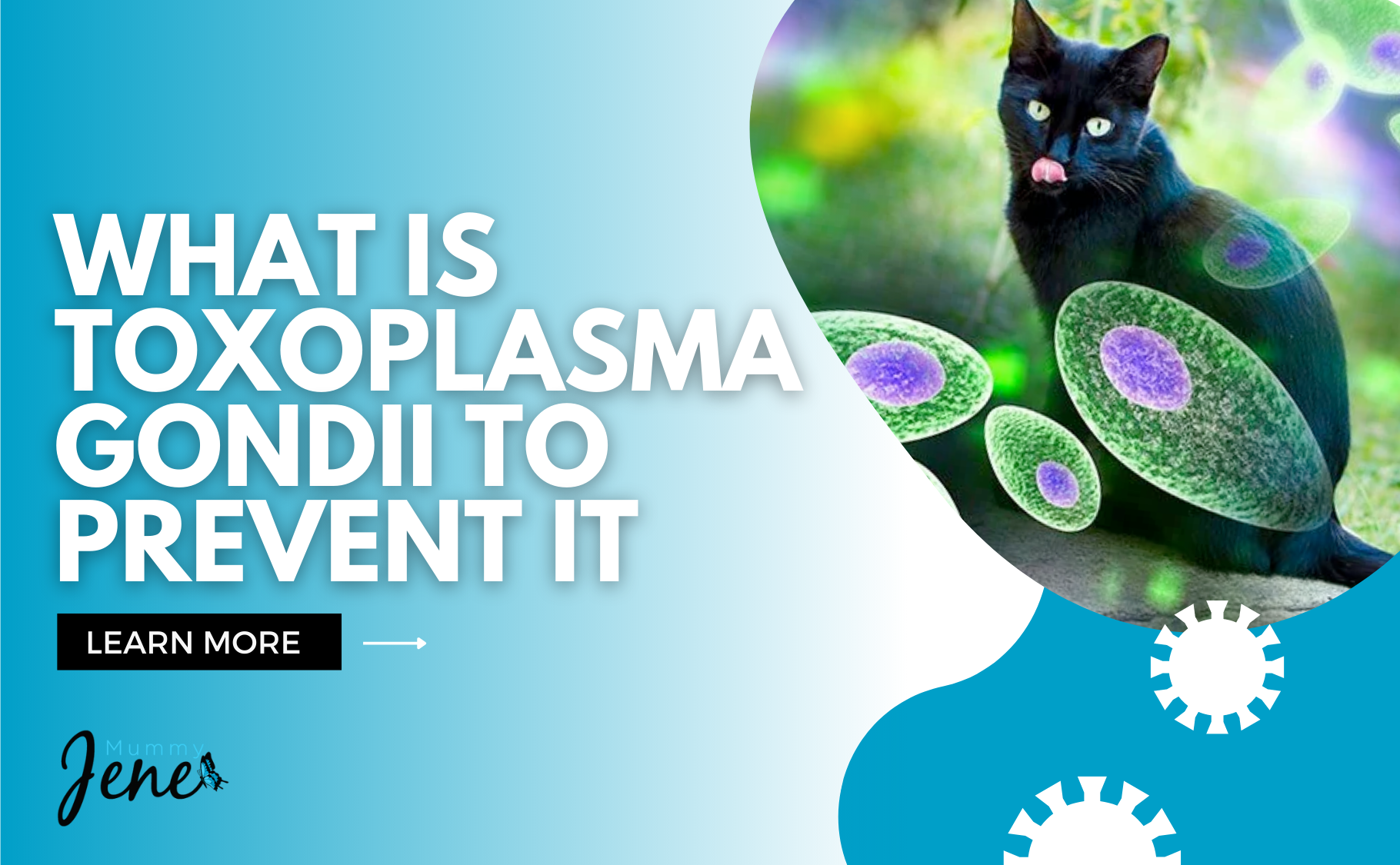Toxoplasma Gondii is a common single-celled parasite that causes an infection called toxoplasmosis. This infection is acquired when eating undercooked contaminated meat, contact, or exposure to feces of infected wild or domestic cats. It can also infect birds and human beings. A person infected with Toxoplasma Gondii may show different symptoms. Others infected with a robust immune system will never develop any signs and symptoms. Mainly, this infection is characterized by flu-like symptoms that can create complications for those with weakened immune systems. Here are the common symptoms of Toxoplasma Gondii;
- Body pain
- Headache
- Fever
- Malaise or fatigue
- Swollen lymph nodes
Who Has The Highest Risk?
People who have weak health protection are at risk of severe complications of toxoplasmosis, and they are:
Pregnant Women
The most vulnerable to severe complications of toxoplasmosis disease are pregnant women. The infected mothers need proper management of this infection to avoid severe complications for their pregnancy and babies.
Babies
If the mother is infected in her first term of pregnancy, the baby is in a crucial condition even if the mother has no symptoms. The infection is automatically transmitted to the baby. This condition can lead to stillbirth and miscarriage. Babies who survived the disease are usually born with severe problems such as:
- Enlarged liver
- Seizures
- Jaundice
There are also infected babies who have survived but are born with defects—usually hearing defects and impaired visions. So if you are pregnant, the best approach is prevention. Avoid all possible carriers of Toxoplasma Gondii and always maintain eating clean and healthy foods. Chemotherapy patients, HIV patients, and those who undergo organ transplant are at high risk of developing severe symptoms of Toxoplasma Gondii infection like:
- Confusion
- Poor coordination
- Frequent headache
- Seizures
- Lung problems usually occur in infected HIV patients
- Painful inflammation of the retina can lead to blurry vision and even blindness if not treated
But to, those infected who have robust immune systems and have not experienced any signs and symptoms won’t need treatment.
Ways To Avoid Toxoplasma Gondii Infection
Toxoplasma Gondii parasite resides in cat feces. Use gloves when cleaning the litter box of your pet cat. When gardening, use proper tools, including work gloves, because a cat’s feces can be anywhere, especially feces from wild cats who hunt and eat raw meat. They have a higher rate of harboring the T. Gondi parasite than household cats. Be wary of unpasteurized products. They may also contain the T. Gondi parasite. To be safer, cook your meat properly. Clean knives and other kitchen utensils properly and disinfect regularly. They can also get contaminated with the parasite. Wash your veggies and fruits properly before eating.
Do not let children play in an open sandbox. Cats love to defecate in sand soil. If you have a sandbox, cover when not in use. If you have pet cats at home, keep them healthy and clean. When exposed to the T. Gondi parasite, it can get to any part of your body. The parasite can reside in your brain, heart, and muscle tissue of different organs forming cysts on the infected area. A healthy person can overcome the infection because the parasite will remain inactive in the body. It is because the healthy immune system will keep the parasite in check.
When To See Your Doctor?
Severe symptoms like blurred vision, loss of coordination, and confusion require immediate treatment. Visit an expert for proper diagnosis and treatment.








